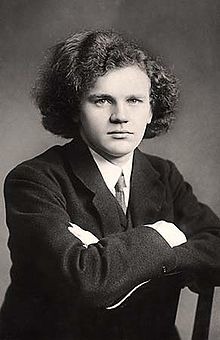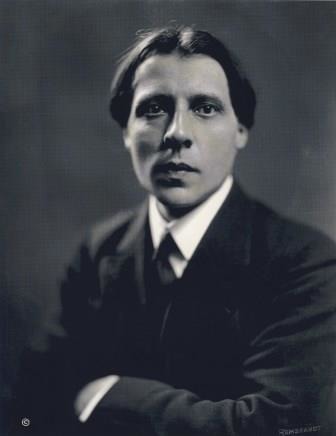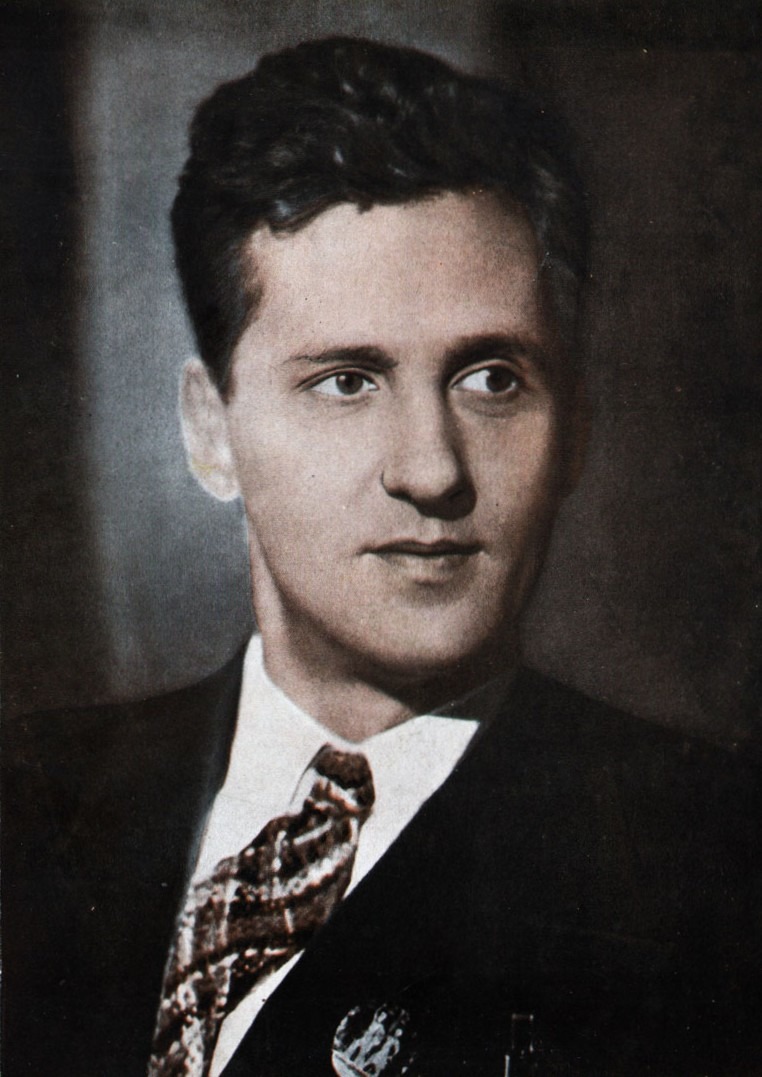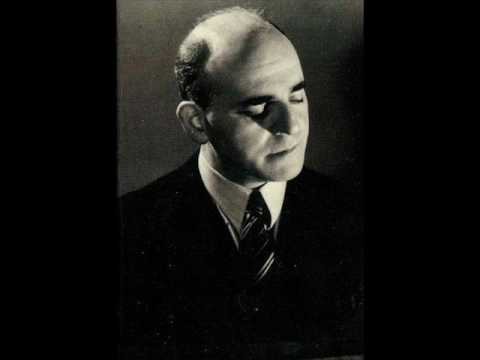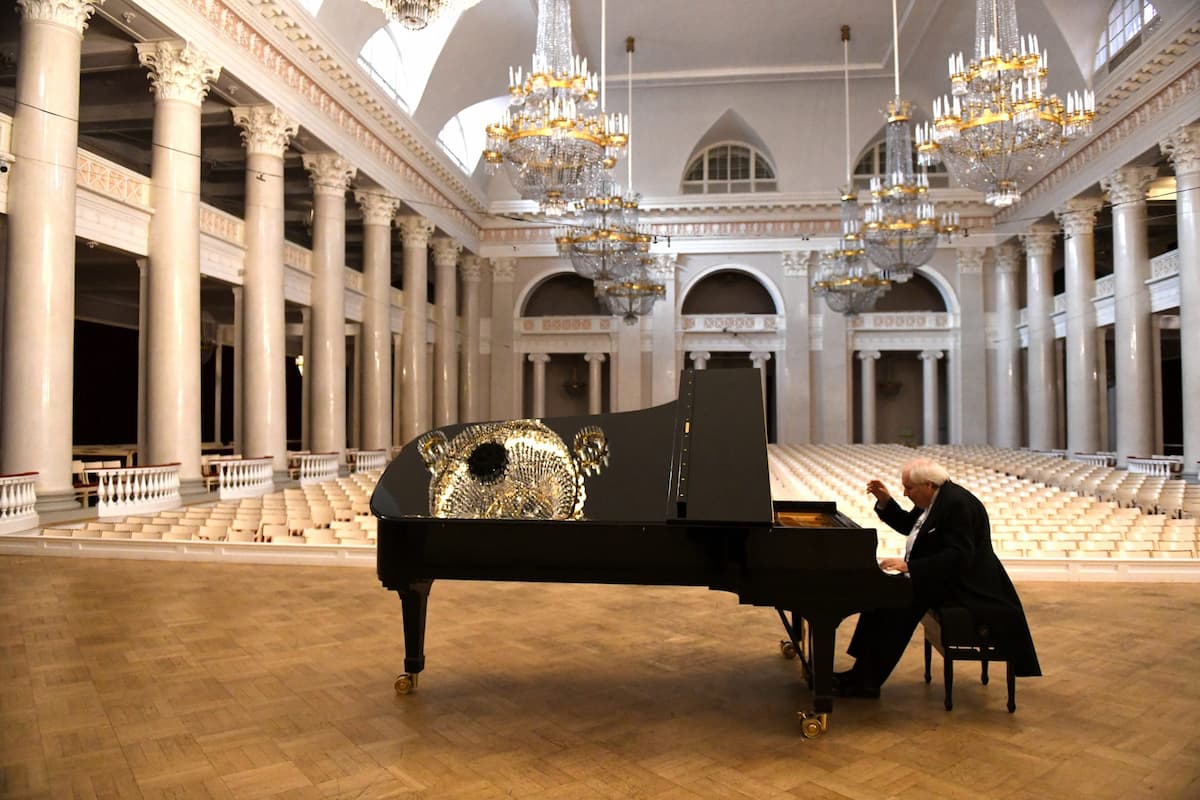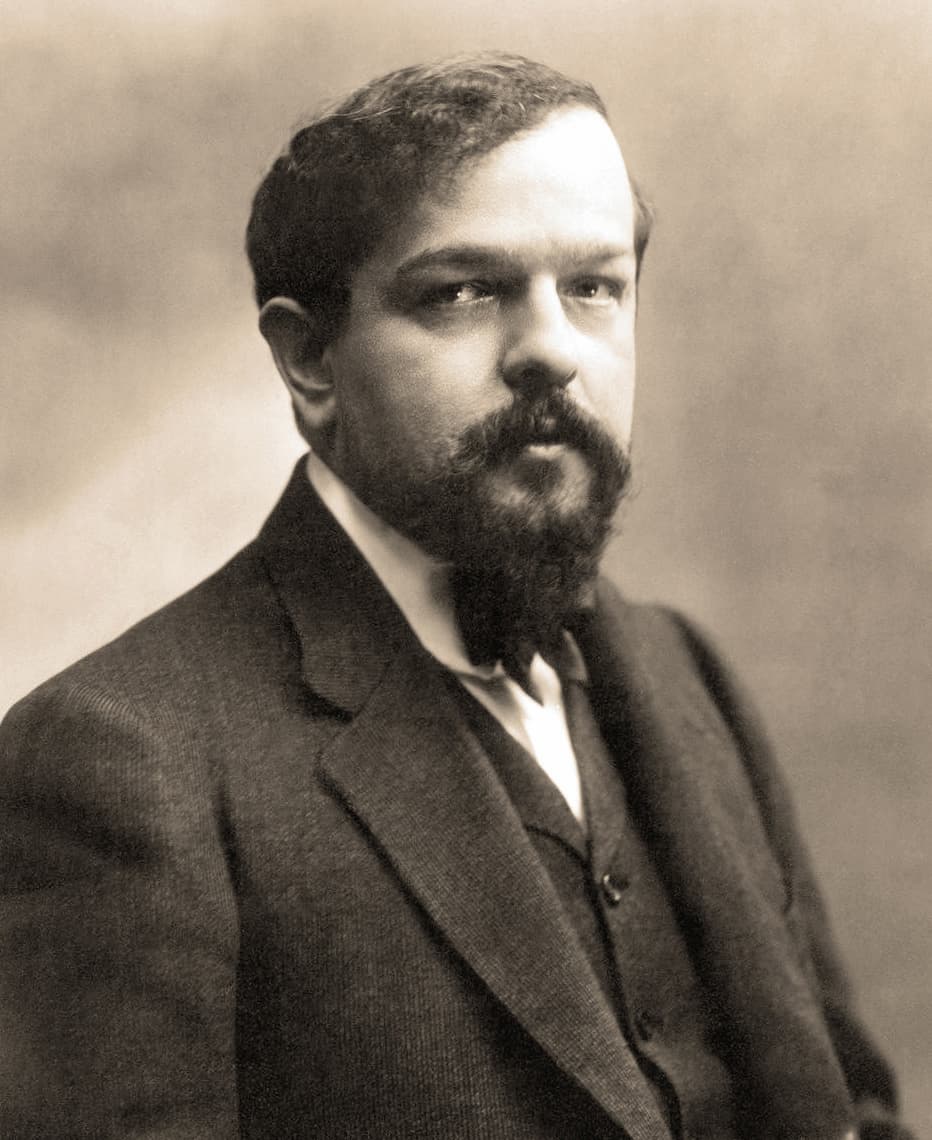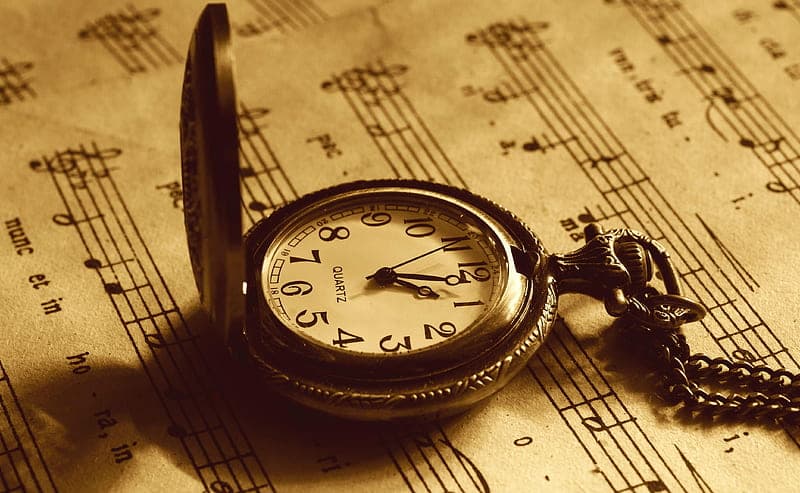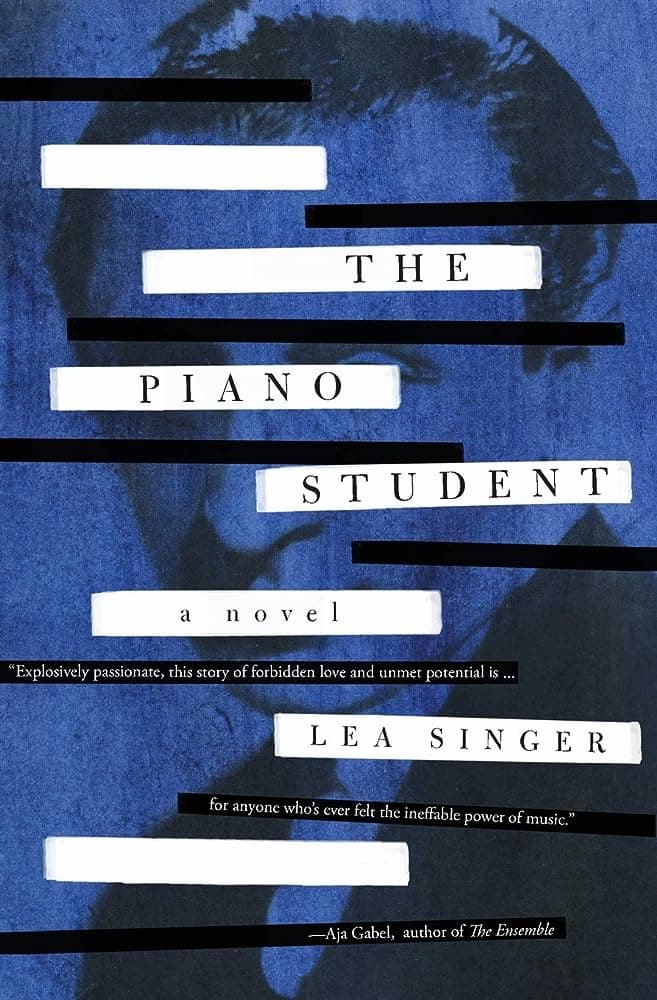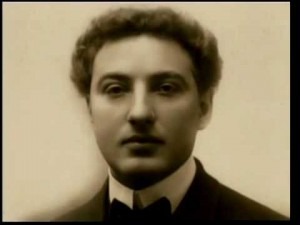
Josef Lhévinne
He taught at the Moscow Conservatory from 1902-1906 and then his international touring career started and he played Carnegie Hall in New York in January 1906, receiving great praise from the critics, one of whom noted: ‘An attempt has been made lately to introduce a new “Rubinstein” to local audiences but the real Rubinstein II is Mr Lhevinne.’ On that concert tour alone, he gave more than 100 concerts. He and his wife, pianist Rosina Bessie (1880-1976) lived in Berlin until the end of WWI when they moved to New York. This is where he began to make his first recordings both on disc and piano roll.
An unusual recording for him, considering his more usual repertoire of Chopin, Rubinstein, and Tchaikovsky, was his Ampico Piano Roll of Isaac Albeniz. The Ampico rolls were able to capture all the details of a performance to the end result that it was as if the pianist were at the keyboard himself and so that is what we are hearing on this recording – the subtle tempo changes, the dynamic changes, the way that the melody line is more prominent than the accompaniment.
Albeniz: Suite española No. 1, Op. 47 : No. 3. Sevilla (Josef Lhevinne, Ampico piano roll)
In New York, he taught at the Juilliard School and it is said that he never gained the prominence of his contemporaries such as Horowitz, because of the fact that his tremendous technique and musicality made “it look and sound so easy.”
One of his encore favourites was the incredible (or as one writer said, ‘infamous’) Blue Danube Waltz of Strauss, arranged by Schultz-Evler. It is a performance of great charm and humour, with a degree of technical ability and ease that are rarely matched.

